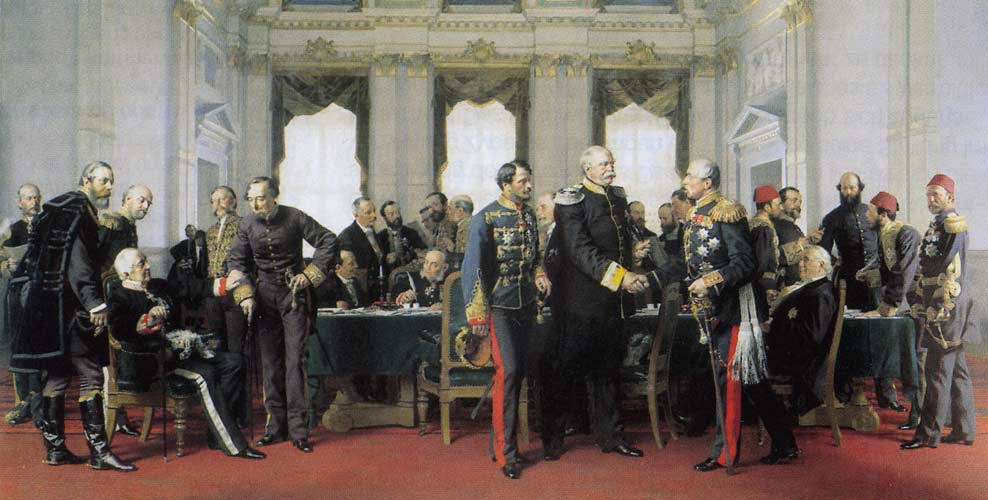Key Difference – Convention vs Protocol
The distinction between convention and protocol often arises during discussions about meetings and international relations. Protocol refers to the ceremonial forms and etiquette observed by diplomats and heads of state, while convention is a widely observed practice or procedure within a group that is designed to facilitate social interactions. This is the primary difference between convention and protocol.
What Does Convention Mean?
Convention can have several meanings, but it is most commonly used to describe the way something is usually done. It can refer to:
– A practice or procedure widely observed within a group, particularly to facilitate social interactions
Examples:
They were restrained by the conventions of the traditional patriarchal society.
He disregarded the polite conventions of greeting.
All citizens followed the conventions of the city.
– A large meeting or conference, especially for members of a political party or a specific profession or group
Examples:
She flew to California to attend a convention.
The president will attend several meetings and conventions in the coming week.
– An agreement between states on particular matters (less formal than a treaty)
Examples:
Two states refused to sign the convention on tobacco control.
The Indian government signed several treaties and conventions with neighboring countries.
What Does Protocol Mean?
Protocol refers to the official procedures or system of rules governing affairs of state or diplomatic occasions. In other words, it concerns the ceremonial forms and etiquette observed by diplomats and heads of state.
Examples:
The royal protocol forbids the prince from marrying a commoner.
A diplomat must always abide by the protocol.
The newly elected president found the protocol and official procedures too restricting.
The prince’s life is ruled by protocol and traditions.
To be a diplomat, you have to learn the correct protocol and etiquette for different occasions.
Protocol can also refer to the original copy of a diplomatic document.
What is the difference between Convention and Protocol?
Meaning:
Convention can refer to:
– A practice or procedure widely observed in a group, especially to facilitate social interactions
– A large meeting or conference, especially of members of a political party or a particular profession or group
– An agreement between states covering particular matters (less formal than a treaty)
Protocol mainly refers to the official procedure or system of rules governing affairs of state or diplomatic occasions.
Context:
‘Convention’ is used in a general context.
‘Protocol’ is mainly used in a context of international relations and diplomacy.
Considering the rigidity or flexibility of conventions (widely accepted practices or procedures) and protocols, protocols are more formal or official and therefore less flexible. Disregarding protocol can result in a political or international controversy.
